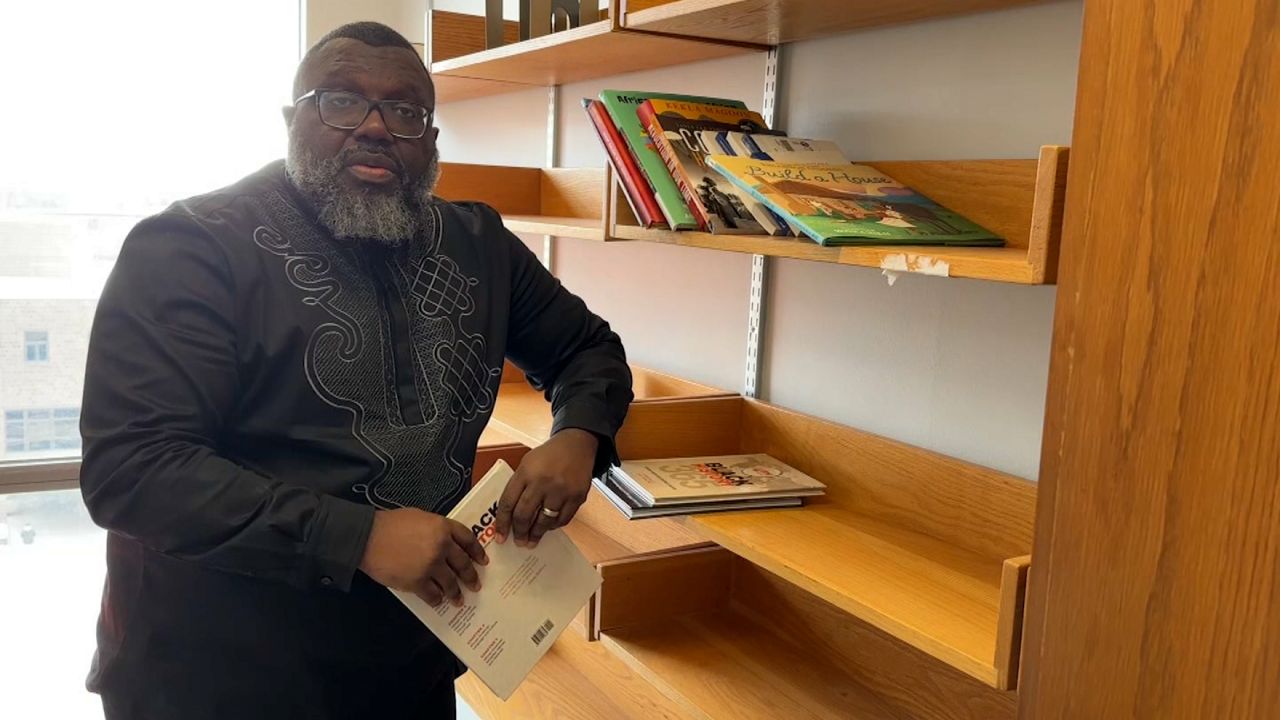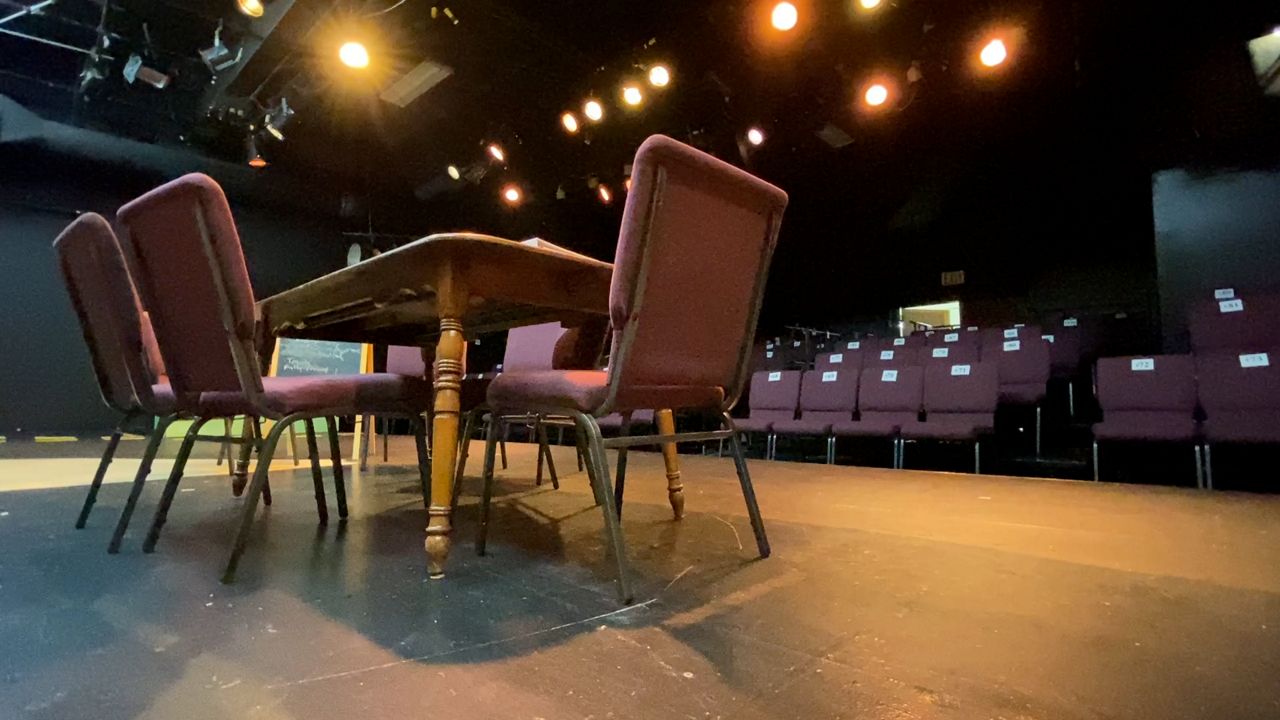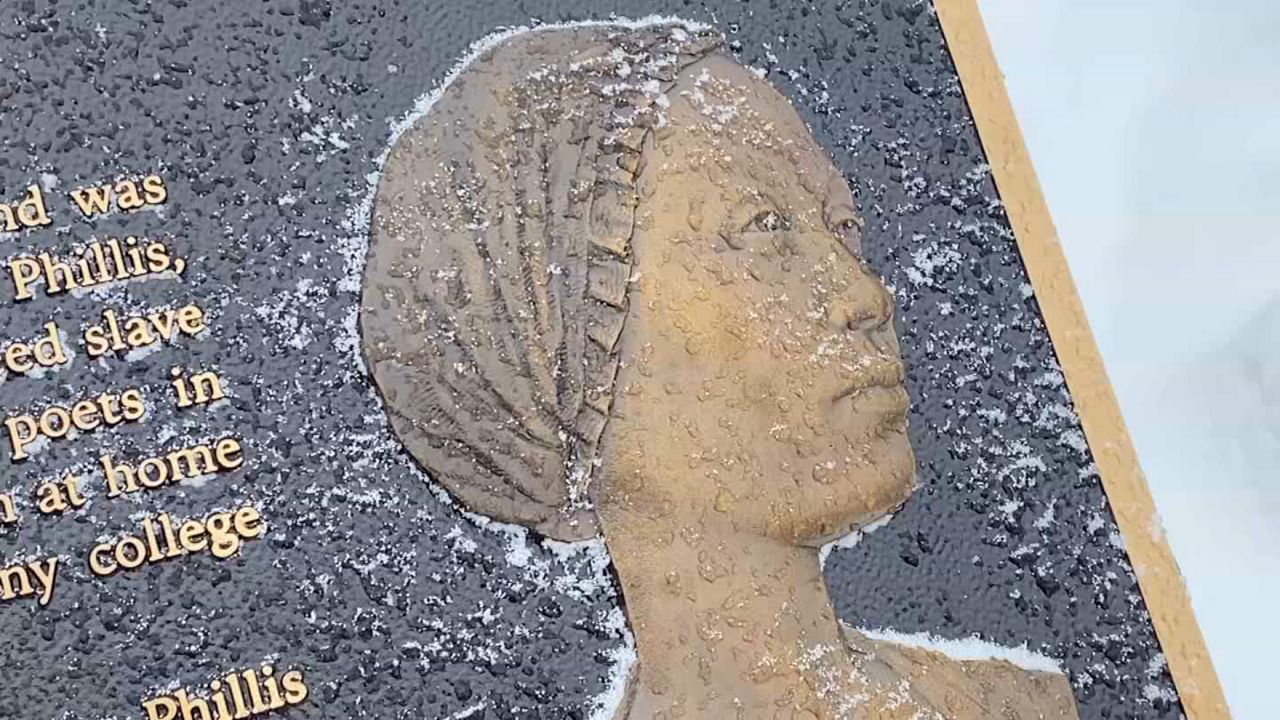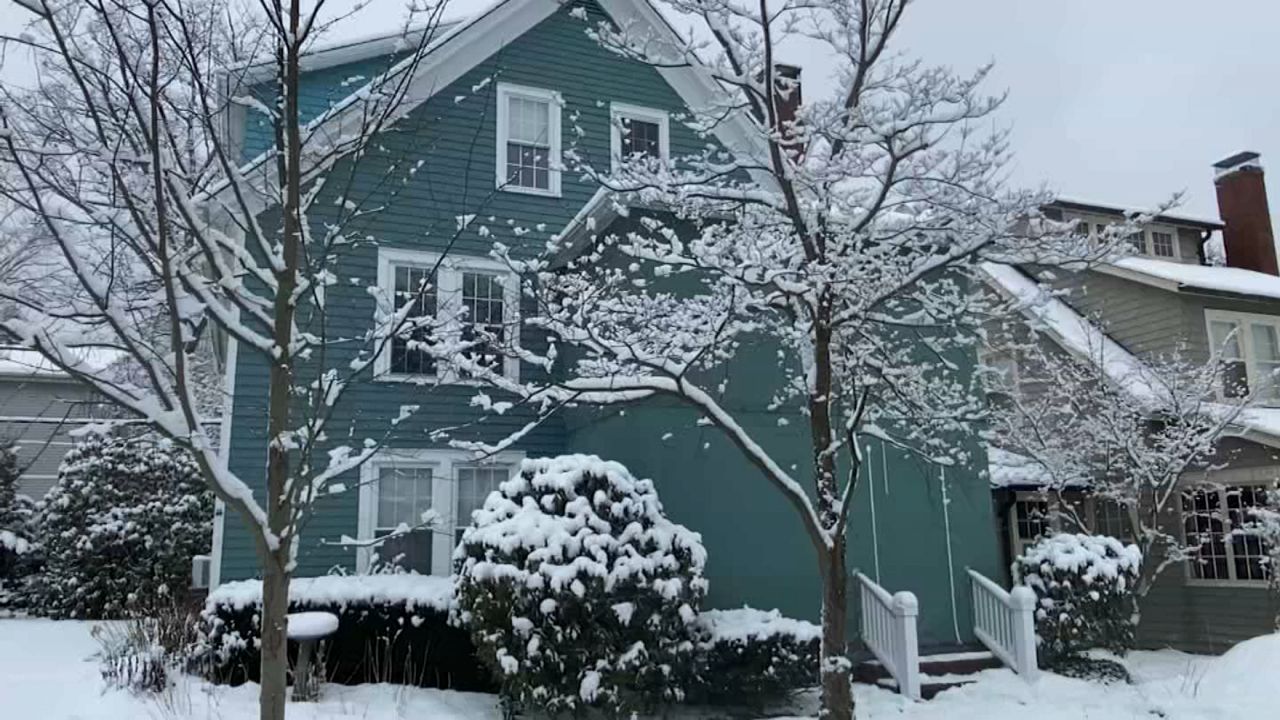BUFFALO, N.Y. — History is much more than what’s in the textbooks. Every person plays a part. For more than 20 years, two Buffalo women worked to tell the stories of local Black community builders.
“The old saying 'African American history lost, strayed or stolen,' is based in some reality, given that there's so much about our history that we don't know,” said Barbara Seals Nevergold, a co-founder of the Uncrowned Queens Institute.
A total of 1,500 stories, four books and one website — that’s the work Barbara Seals Nevergold and Peggy Brooks-Bertram have done over the past 22 years through the Uncrowned Queens Institute.
It started as a commemoration of the 1901 Pan-American Exposition in Buffalo.
“We realized that Rochester, Niagara Falls, Syracuse, Albany, that those are all communities that are pretty much like Buffalo and certainly have a rich African American history that could be celebrated,” said Seals Nevergold.
The name was inspired by Oklahoma author Drusilla Dunjee Houston. She’s the reason the group focuses on New York and Oklahoma, but they do take stories from across the nation.
“We met the Black Indians that were in Oklahoma. We met early pioneers like Drusilla Dunjee Houston and her family," said Brooks-Bertram. "The Oklahoma experience really let us know that all across the country, people were interested in what we were doing.”
They find people who made a difference in a regional context.
“Cecilia Henderson, Brenda McDuffie, Ava Knowles, for example, who was the first Black nurse in Buffalo,” said Seals Nevergold.
They then see how people tie in with each other, through their churches, sororities, education and more.
“This is not just an African American history moment," said Brooks-Bertram. "This is looking at the course of history, looking at the deep tentacles of history, looking at the furthest reaches of this history, and we know we've reached it deeply.”
It didn’t take long for them to expand and tell the stories of men, too, coming together under the name Uncrowned Community Builders.
“So often, there are people who have historical memory and who understand that the history is important, but if you don't write it down, if you have it in your head, and you take it with you when you go, the historical record goes,” said Seals Nevergold.
The duo is grateful for the trust people have to share their experiences.
“They tell you about their mother and father, they tell you about things that happened to them that they don't tell other people," said Brooks-Bertram. "They're willing to have us write those stories.”
They’re continuing their work, focusing on Say Their Names, an oral history project highlighting community elders, but there’s still more to be done.
It's work that seemingly never ends.
"Never ends,” said Brooks-Bertram.
Next, the duo is focused on raising money to upgrade their website and expand their work. They are also looking for a permanent home for their work, preferably an educational one like a college or university.
To check out their project, click here.










